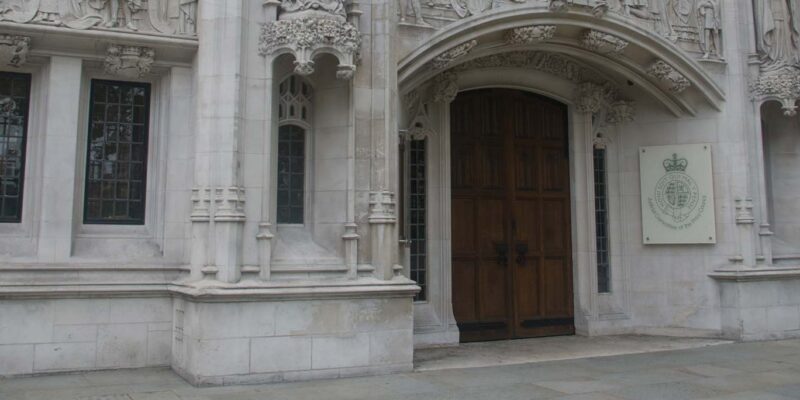In Hughes v Pritchard and others [2022] EWCA Civ 386, the Court of Appeal overturned what was a controversial decision of the High Court.
Manchester 0161 832 2500 | London City 0204 505 8080 | London Finchley 020 8349 0321
Secure PaymentThe trial judge had previously concluded that the last will of the deceased was invalid due to lack of testamentary capacity, despite the will drafting solicitor having taken extensive contemporaneous notes and the “Golden Rule” of having a medical professional undertaking an assessment of the testator’s capacity.
Due to concerns of mild dementia, the solicitor who advised on a new 2016 will arranged for a capacity assessment to be carried out by the testator’s doctor before the new 2016 will was executed in accordance with the well-known “Golden Rule”. The GP (who was provided with copies of the previous wills and the proposed new will) confirmed that he was satisfied that the deceased did have sufficient capacity and the new 2016 will was executed.
The trial judge, based on the evidence of the GP at the trial, concluded that despite the previous assessment at the time the will was executed that the deceased did have capacity, decided that he didn’t, and found that the new will was invalid. The trial judge preferred the lay evidence against the professional opinions of the professionals involved, including both the solicitor’s and the doctor’s written contemporaneous documents.
The Court of Appeal overturned the trial judge’s decision on the basis that it wasn’t open to him to conclude against the contemporaneous evidence. This is therefore a rare instance of The Court of Appeal’s reversing the factual conclusions of a trial judge.
The case highlights the importance of solicitors and other professional keeping meticulous and detailed notes The case highlights the importance of the Golden Rule and of the need for the Will drafter to make and keep detailed attendance notes of the instructions received and advice given, including the fact that effect of the will was read back to the testator and the need for the doctors involved to keep very detailed notes about their assessment of capacity.
Based on this case, it is clear that the Golden Rule is just as important as ever.
By David Bondt


